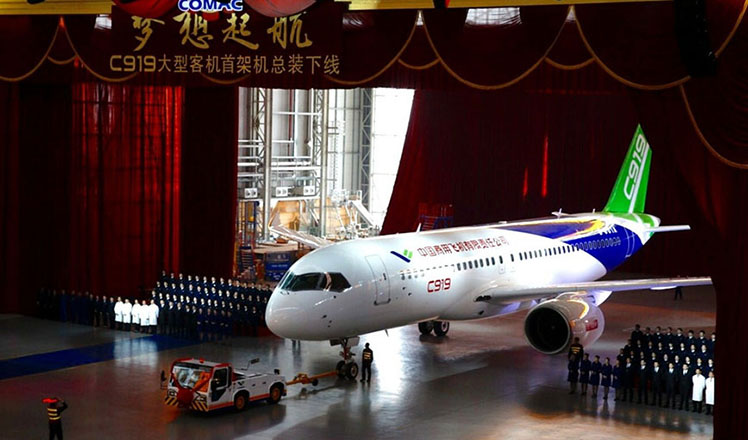China wins first Nobel in medicine
Updated: 2015-10-05 23:06
By SHAN JUANand CHENG YINGQI in Beijing and HEZI JIANG in New York(China Daily)
|
||||||||
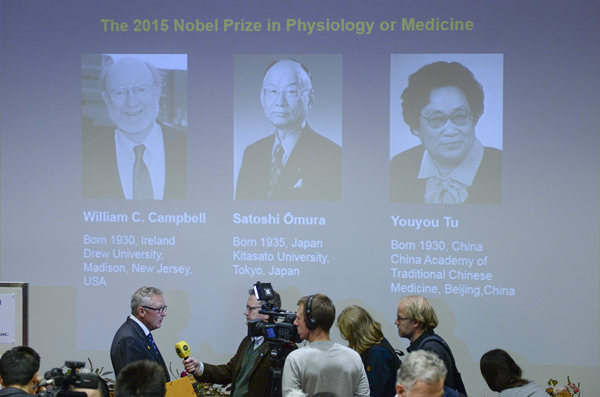 |
|
Hans Forssberg (front L), a member of the Karolinska Institute Nobel committee, talks to the media in front of a screen showing the 2015 Nobel laureates in medicine at the Karolinska Institute in Stockholm October 5, 2015. William Campbell, Satoshi Omura and Youyou Tu jointly won the 2015 Nobel Prize for medicine for their work against parasitic diseases, the award-giving body said on Monday. Irish-born Campbell and Japanese Omura won half of the prize for discovering a new drug, avermectin, that has helped the battle against river blindness and lymphatic filariasis, as well as showing effectiveness against other parasitic diseases. The Chinese scientist Youyou Tu was awarded the other half of the prize for discovering artemisinin, a drug that has significantly reduced the mortality rates for patients suffering from malaria. [Photo/Agencies] |
China has its first Nobel Prize in Medicine. And 84-year-old TuYouyou said she was not surprised to get it.
"I learned about it from the TV news,”she told Qianjiang Evening News on Monday evening. "A little unexpected, but also not quite surprised. This is not my personal achievement, but an award to all Chinese scientists. We worked on this together for decades, so the prize shouldn’t be a surprise."
Half of the 2015 Nobel Prize in Physiology or Medicine went to Tu for developing a drug that fights malaria, and the other half was awarded to to William Campbell, an Irish-born researcher who did his work in the U.S., and Satoshi Omura of Japan for discovering therapies against infections caused by roundworm parasites. The winners will share an award of $960,000.
Tudiscovered Artemisinin, a drug that has significantly reduced the death rate of malaria patients, and saved millions of lives across the globe, especially in the developing world, the Nobel Assembly at Karolinska Institute, which awards the Nobel Prize in physiology or medicine, said on Monday.
The Assembly said that discoveries that help fight parasitic diseases are crucial because those diseases "affect the world's poorest populations and represent a huge barrier to improving human health”.
Tu, born in 1930 in Ningbo, China, has been aa pharmacologist at the China Academy of Traditional Chinese Medicine since 1965, now known as the China Academy of Chinese Medical Sciences.
In the 1960s, the main treatments for malaria were chloroquine and quinine, but they were proving increasingly ineffective. In 1969, Tu started to chair a government project aimed at eradicating malaria. She and her colleagues experimented with 380 extracts in 2,000 candidate recipes before they finally succeeded in obtaining the pure substance Qinghaosu, later known as Artemisinin, which became the standard regimen for malaria in the World Health Organization's catalog of essential medicines.
Juleen R. Zierath, chairman of the Nobel Committee for Physiology or Medicine, told Xinhua that Tu's "inspiration from traditional Chinese medicine" was important.
"But what was really critical was that TuYouyou identified the active agent in that plant extract," said Zierath, adding "there was a lot of modern chemistry, bio-chemistry attached to this to bring forward this new drug."
In 2011, Tu was awarded the LaskerDeBakey Clinical Medical Research Award, popularly known as "America's Nobels”, and many expected Tu to win the Nobel that year.
"More than 40 years after her findings the prize finally came,"said Cao Hongxin, the head of the science and technology department of the State Administration of Traditional Chinese Medicine, and a former director of the China Academy of Traditional Chinese Medicine.
"It's an overdue honor for Tu and the world's recognition of Traditional Chinese Medicine.Now we have Tu winning the first Nobel Prize in Physiology or Medicine; We should be more confident that Chinese scientists will make more high-level breakthroughs in the future," he said.
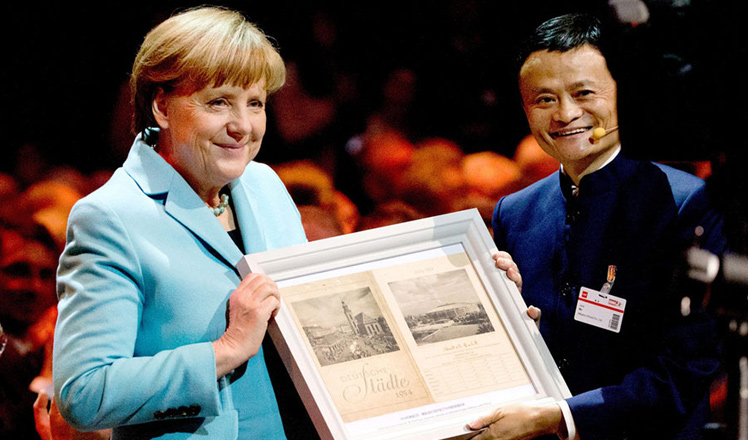
 Internet celebrities share spotlight with leaders and stars
Internet celebrities share spotlight with leaders and stars
 Heavy smog hits Beijing
Heavy smog hits Beijing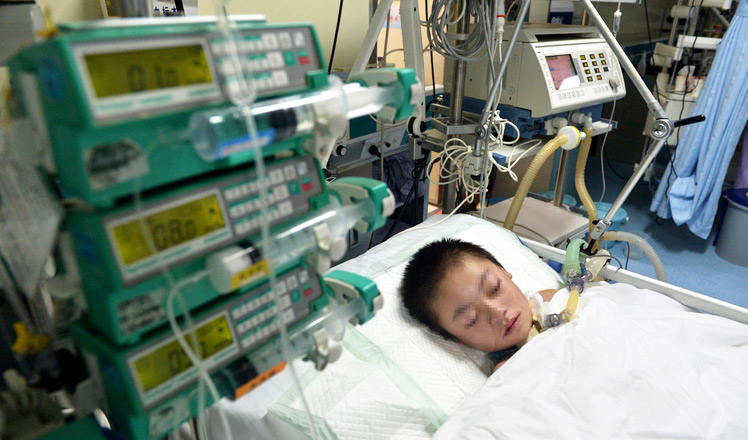
 Eleven-year-old girl donates organs to save six people
Eleven-year-old girl donates organs to save six people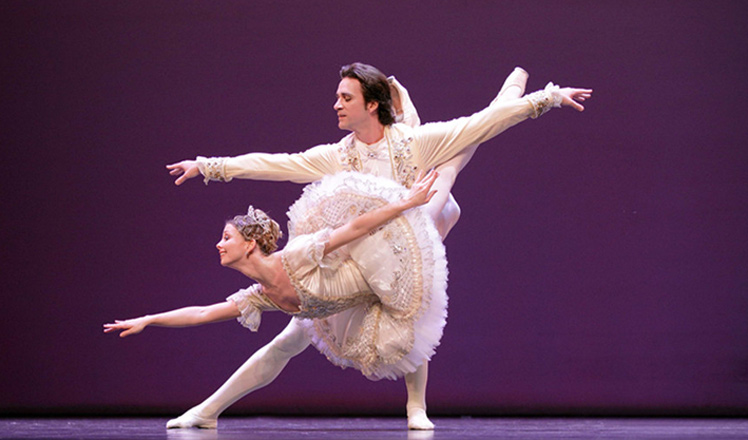
 Top ballet dancers light up Beijing
Top ballet dancers light up Beijing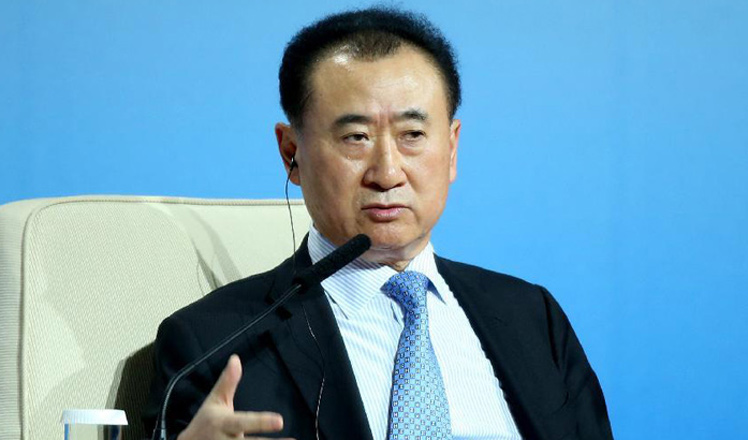
 Top 10 wealthiest Chinese on Forbes rich list
Top 10 wealthiest Chinese on Forbes rich list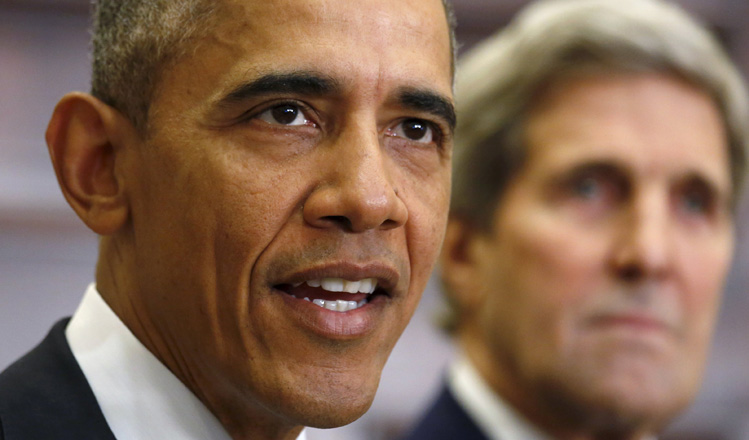
 Obama launches Facebook page, sends message on climate
Obama launches Facebook page, sends message on climate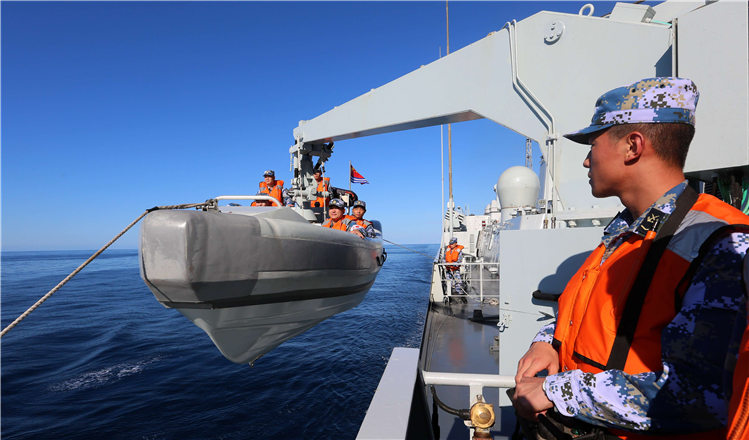
 Washington 'showing anxiety in stance adopted toward Beijing'
Washington 'showing anxiety in stance adopted toward Beijing'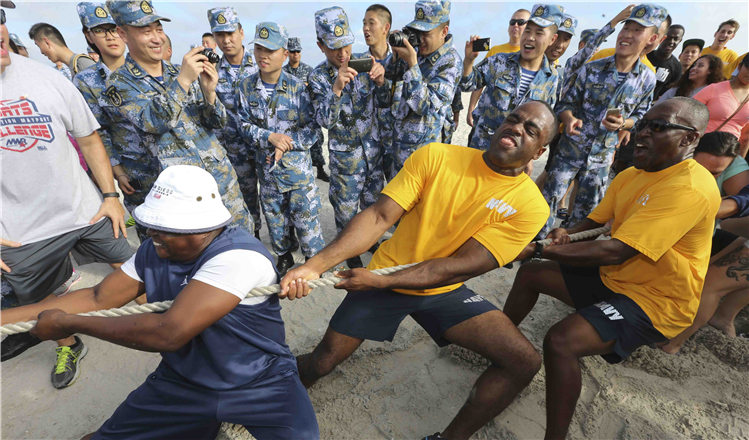
 Tug of war
Tug of war
Most Viewed
Editor's Picks

|

|

|

|

|

|
Today's Top News
Washington 'showing anxiety in stance adopted toward Beijing'
Obama, Netanyahu at White House seek to mend US-Israel ties
China, not Canada, is top US trade partner
Tu first Chinese to win Nobel Prize in Medicine
Huntsman says Sino-US relationship needs common goals
Xi pledges $2 billion to help developing countries
Young people from US look forward to Xi's state visit: Survey
US to accept more refugees than planned
US Weekly

|

|


